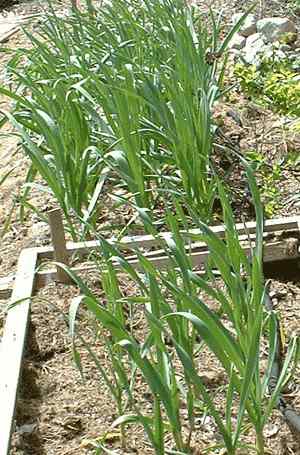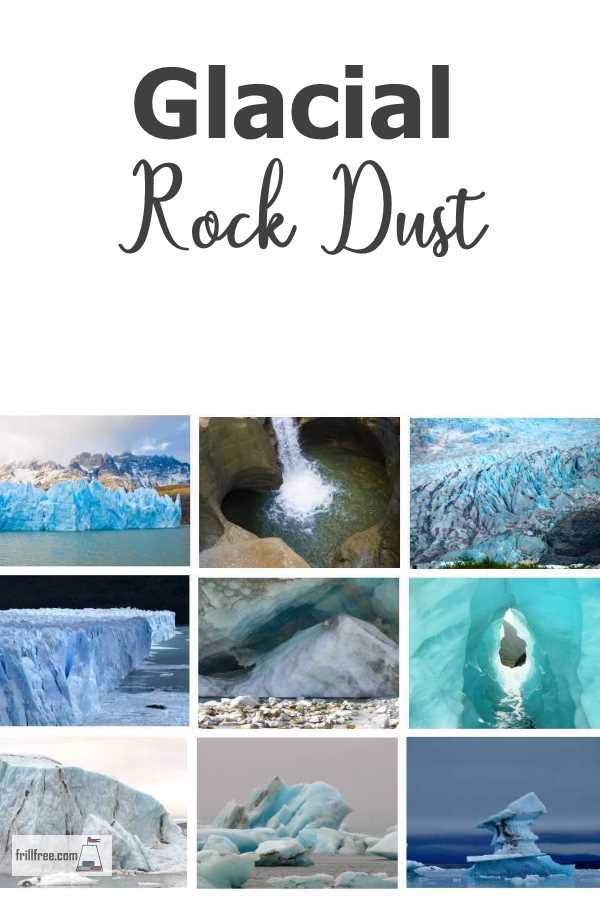- Homesteading
- Soil Fertility
- Glacial Rock Dust
Glacial Rock Dust
Micronutrient Boost for Sustainable Soil
I am a participant in the Amazon Services LLC Associates Program, an affiliate advertising program designed to provide a means for me to earn fees by linking to Amazon.com and affiliated sites. Other links on this site may lead to other affiliates that I'm associated with.
Glacial rock dust is a naturally found deposit of dust formed as glaciers that once covered the whole North American continent melted.
Glacial rock dust is a naturally found deposit of dust formed as glaciers that once covered the whole North American continent melted.
The Canadian ice sheet left behind moraine dust which contains many
minerals in tiny amounts. As glaciers melted the dust that they had held for millennia was released in huge quantities.
This dust contains calcium, magnesium, cobalt, iron, manganese and sodium and can be used on your organic garden every one to three years, or even more often depending on soil type.
Sprinkle it on compost piles as a compost activator to help feed the micro herd of organisms that are necessary to break down your kitchen scraps.

When it’s added to a trench to plant seeds or transplants in the vegetable garden it provides many of the micro nutrients missing from most soils.
The taste and storage time of onions, tomatoes and many other food crops is improved when the garden bed, or the compost that’s spread before planting is amended with it.
I recommend sprinkling it on the bed before planting garlic in the fall. It helps with winter hardiness, especially for those plants that continue to grow through the winter.
Use it on your chicken herbarium to give the backyard chickens the right micro nutrients in their greens. The plants take it up and then supply it to the birds as they eat them.
Used on a mulch bed, the mulch will add the micro nutrients to garden beds as it breaks down.
Glacial rock dust is one of those amendments which once used you’ll wonder how you got along without it.
Caution:
Glacial rock dust is so fine it’s like talcum powder and contains free silica. Use caution when spreading it as it can cause irritation and lung damage if inhaled.
Remineralizes your soil, increases the availability of phosphorus in your soil and replenishes soil elements which helps to reverse soil depletion.












